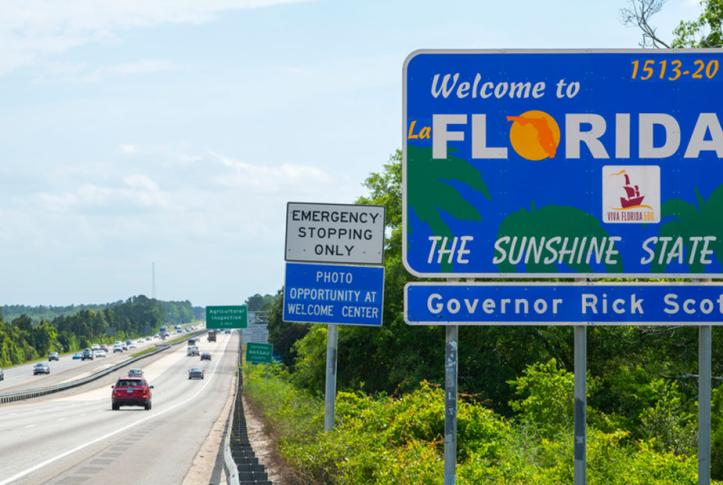Expanding Medicaid under the Affordable Care Act (ACA) has been critical in reducing the uninsured rate and allowing the most vulnerable people in the country to get access to care. The uninsured rate dropped from 22 percent among working-age people (i.e., 18-to-64-year-olds) in 2014 to 13 percent in 2018. In 2019, all but 17 states have expanded Medicaid for people with incomes up to 138 percent of the federal poverty level — about $17,000 a year for an individual. Despite evidence that shows how Medicaid expansion leads to coverage gains, improved access, and more affordable care, Florida remains one of 17 states that have not expanded.
According to the Commonwealth Fund’s 2019 Scorecard on State Health System Performance, Florida ranks near the bottom of all states on measures of access and affordability. It has among the highest rates of uninsured adults, children without a medical home, and preventable hospitalizations for adults ages 18 to 64. Among Florida’s 21 million residents, 2.7 million under age 65 were uninsured (16%) in 2017. Florida alone accounts for almost 10 percent of the nonelderly uninsured in the United States.
Nonexpansion states frequently cite the uncertainty around the costs of expansion and the fiscal impact on the state budget as a reason for not expanding the program. Unlike the federal budget, state budgets must be balanced annually, and as health care costs increase, health programs have been accounting for increasingly high percentages of state spending. Under the ACA, the federal government provided an enhanced match of 100 percent in the first three years of expansion, gradually decreasing thereafter to 90 percent in 2020. Even with the federal government picking up the bulk of the cost, covering the state share of expansion is not an insignificant task for states. But looking at the costs of expansion alone only tells part of the story.
What Would Medicaid Expansion Mean for Florida?
A new report forecasts the five-year implications of Medicaid expansion in Florida on enrollment and budgets, starting in 2020. The report predicts that 837,514 Floridians would be newly enrolled in Medicaid within the first five years if the state adopted the expansion. In addition, $2.1 billion in new federal dollars would come into the state in 2020 and a total $14.3 billion in new federal dollars over five years. The net state budget cost of expansion would be $81 million in 2020, or a total of $516.4 million over five years. These costs would be more than offset by fiscal gains in other parts of the system.
The expansion could generate savings within Medicaid as some currently enrolled beneficiaries — like pregnant women and adults with disabilities — would convert from traditional Medicaid to the new expansion. These groups have higher health care costs and the increased federal match (90% vs. 61.5% currently) would lead to significant state savings. Projected savings for Florida total $161.9 million in 2020 and $901.2 million over five years. Similar findings are seen in an analysis by researchers at Washington University looking at the impact of expansion in Missouri.
There also would likely be fiscal gains as expanded Medicaid coverage offsets state-funded services in other programs. For example, some behavioral health services for the uninsured currently paid for by the state could be covered through expanded Medicaid. This could free up $119.3 million in state funds in 2020. Additional fiscal gains may occur in corrections, public health, and uncompensated care for uninsured Florida residents.

An analysis of other state Medicaid expansions suggests that in addition to the fiscal gains, Florida could see an increase in revenue from assessments on providers and new economic activity, as has happened in Michigan and Montana.
Conclusion
Medicaid expansion is a bargain for states. Between savings within the Medicaid program and fiscal gains in other areas, the cost of expansion would be more than fully offset in Florida over the first five years of expansion. More than 800,000 Florida residents stand to gain coverage under Medicaid expansion, which would mean improved access, financial protection, and better health outcomes. Expanding Medicaid in Florida would not “bust the budget” but instead could result in savings and fiscal gains that far exceed the costs of expansion. Policymakers face many difficult choices when it comes to health care, but in Florida, the numbers speak for themselves.






